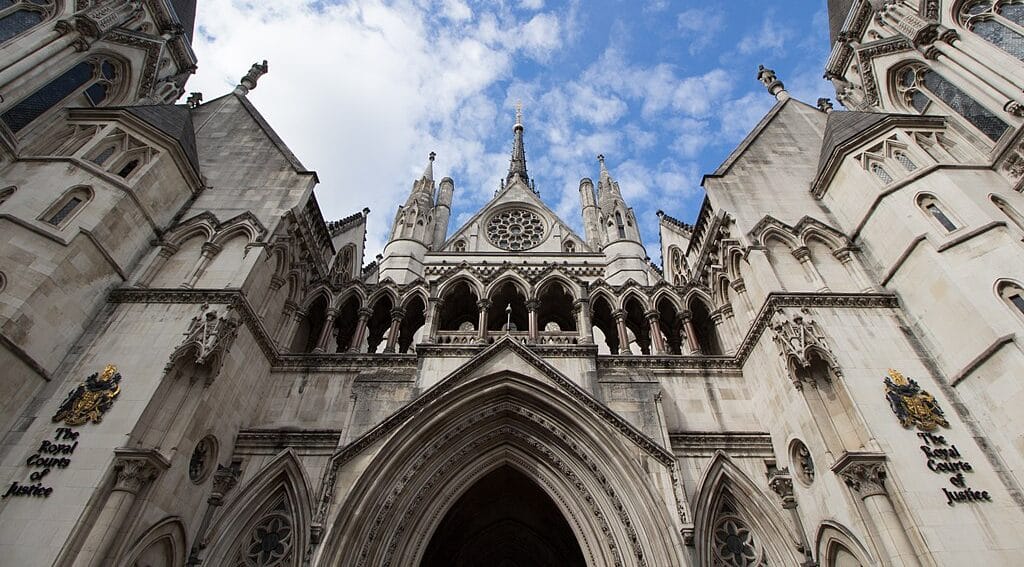Court of Appeal declares amended class action funding deals lawful, shielding them from PACCAR ruling
The Court of Appeal has delivered a major reprieve to the UK’s class action system, declaring that litigation funding agreements revised in light of the PACCAR judgment remain enforceable. The ruling, handed down by the Chancellor of the High Court, Sir Julian Flaux, provides vital clarity after months of legal uncertainty.
The case involved seven appeals from defendants in collective proceedings before the Competition Appeal Tribunal (CAT), including high-profile disputes such as Sony Interactive Entertainment v Alex Neill Class Representative Ltd. At the heart of the matter was whether funding agreements that tie a funder’s return to the damages awarded qualify as damages-based agreements (DBAs)—and are therefore unenforceable under the Supreme Court’s PACCAR decision.
Last year, the Supreme Court held that certain litigation funding agreements, which calculate returns as a percentage of damages, fell under the DBA definition in the Courts and Legal Services Act 1990. That bombshell ruling sent shockwaves through the legal funding industry, prompting immediate reviews of ongoing and future class actions.
In the current appeals, the defendants argued that funding agreements—whether they include explicit or implicit caps—still tied funders’ returns to the “financial benefit obtained” and should therefore be classed as DBAs, rendering them void unless they comply with strict statutory requirements.
However, Sir Julian Flaux firmly rejected that logic. Sitting alongside Lord Justice Green and Lord Justice Birss, he ruled that construing all litigation funding agreements (LFAs) as DBAs would lead to “absurd” consequences. If accepted, the argument would make collective redress through the CAT “practically impossible” except in rare instances where complex DBA regulations could be satisfied.
Embed from Getty Images“The entire system of litigation funding is predicated upon the return which a funder makes being paid out of damages or a subset of undistributed damages,” Flaux stated in his judgment. “It is difficult to envisage in what scenarios… There would not be an implied cap even if there were no express one.”
He added that while an individual provision within a contract may be unenforceable, it does not follow that the whole agreement should collapse. “A provision which is of no contractual effect cannot have the contractual consequence of rendering what is otherwise an enforceable agreement an unenforceable DBA,” he said.
The judgment noted that courts are reluctant to interpret statutes in ways that produce irrational or unworkable results—unless the wording of Parliament forces them to do so. “Unless and until the law is changed, the argument that the percentage provision is an unenforceable DBA, let alone an argument that the presence of the percentage provisions renders the whole LFA an unenforceable DBA, is unsustainable,” Flaux concluded.
The outcome is a crucial victory for litigation funders and claimant law firms, who have faced a surge of uncertainty and delays following the Supreme Court’s intervention in PACCAR. Proposed legislation to reverse the effects of that ruling was left in limbo after the general election, and the new government has yet to act on the Civil Justice Council’s recommendation to fix the situation via statute.
For now, however, the Court of Appeal’s decision provides a strong legal foundation for existing and future collective claims, allowing funders to proceed without fear of sudden invalidation. It also shores up the role of the Competition Appeal Tribunal as a viable forum for group litigation against major corporations.
